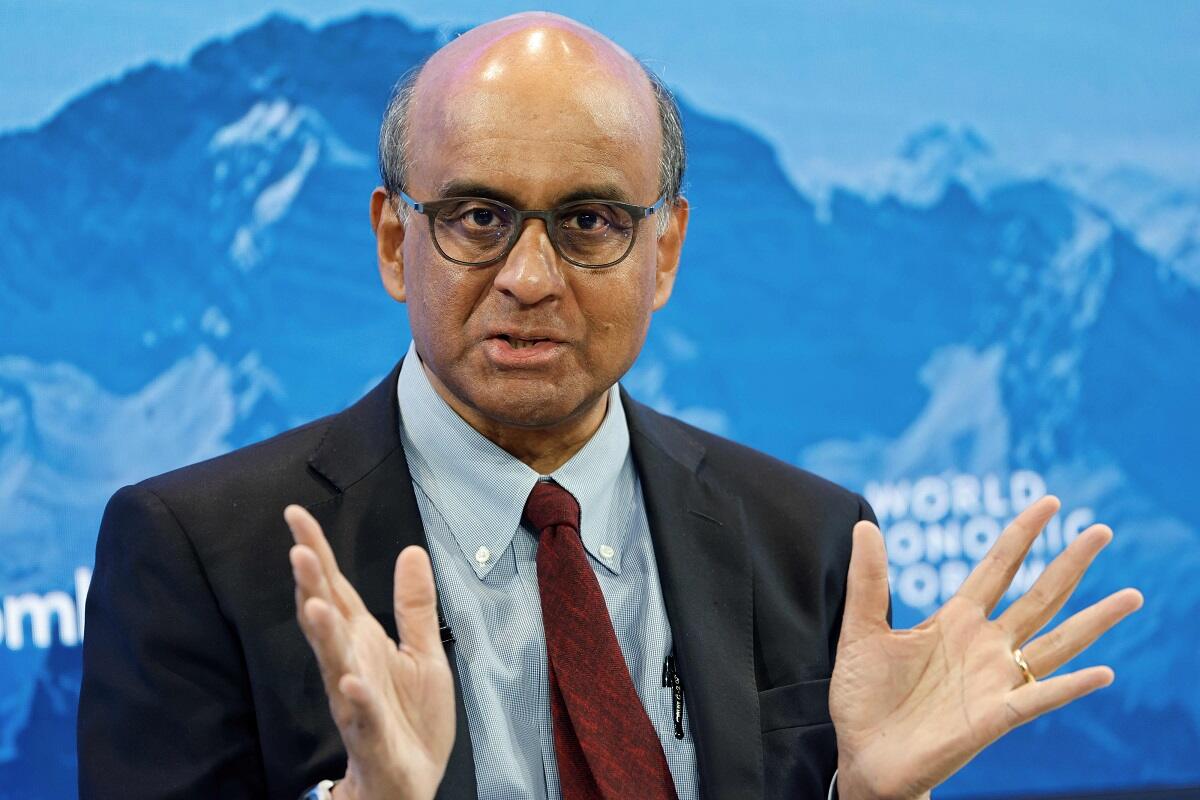Tharman Shanmugaratnam has been elected as Singapore’s new president with an impressive 70.4% of the votes in the country’s first contested presidential election in over a decade. While Tharman is widely admired by Singaporeans and is known for his intelligence and eloquence, some were initially puzzled by his decision to run for this largely ceremonial role, given his potential for more influential positions.
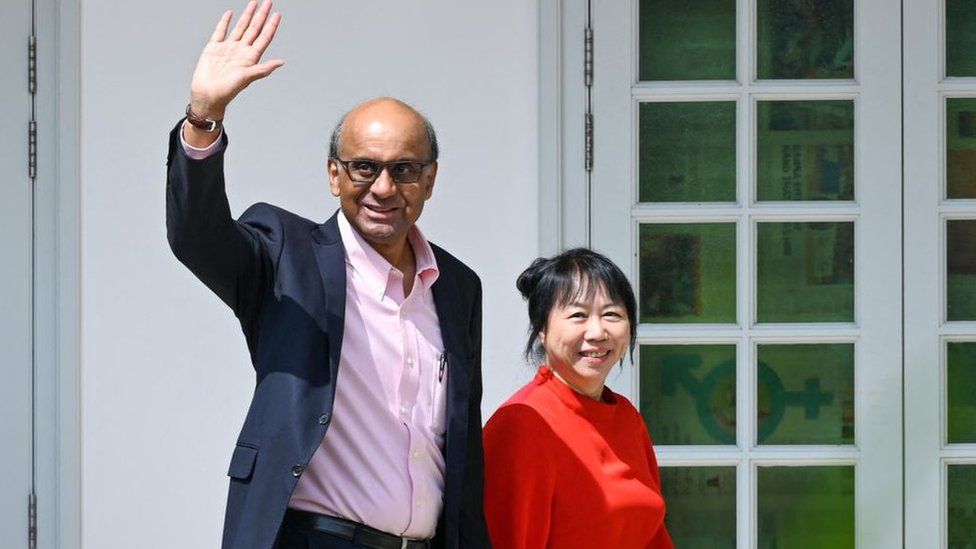
The role of Singapore’s president mainly involves symbolic duties and limited power, with only some influence over the country’s substantial financial reserves. It holds little sway in public affairs, similar to the British monarch’s role. Many believed this role was more suited to a non-controversial figure, unlike Tharman, who is a highly accomplished individual.
Tharman has had an illustrious career, serving as the finance minister, deputy prime minister, and holding prominent roles in global institutions like the United Nations and the International Monetary Fund. He was even considered a candidate to lead the IMF at one point.
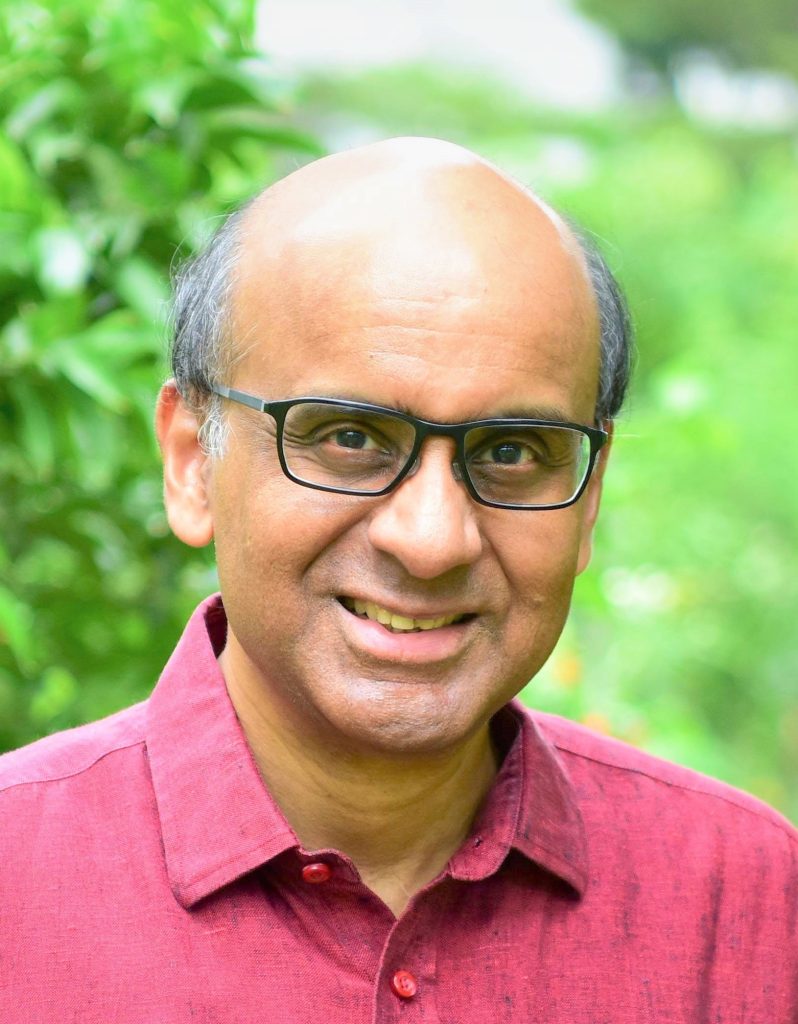
Some Singaporeans had hoped he would become prime minister or play a more significant role on the international stage if he ever left the ruling People’s Action Party (PAP). His popularity was evident in surveys where he was a top choice for prime minister after the incumbent, Lee Hsien Loong, stepped down. Tharman’s constituency consistently ranks highly in general elections.
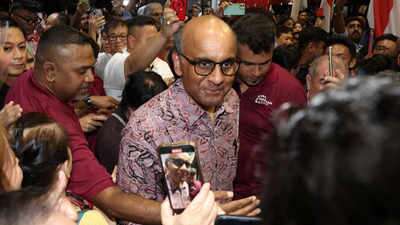
One reason for his popularity is his gentlemanly image and avoidance of personal attacks, in contrast to some other politicians. Many believed he had the qualities and stature to break the glass ceiling and become Singapore’s first non-Chinese prime minister, challenging the government’s long-held belief that the country was not ready for a minority PM.

Despite initially keeping silent on this issue, Tharman eventually expressed his belief that Singapore was ready for a non-Chinese prime minister, disappointing some of his supporters. He also asserted that he wouldn’t excel in the role of prime minister, and with new PAP leadership emerging, it seemed he was on his way out. There’s a theory that the PAP encouraged him to run for president to mentor the next generation of leaders.
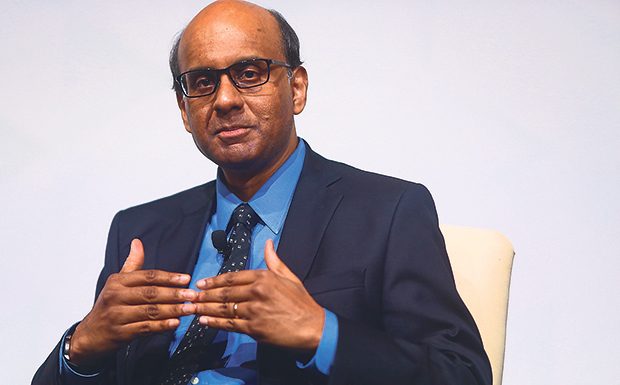
In the end, Tharman chose to run for president, becoming the first non-Chinese president elected by the public. His victory can be seen as a milestone for representation and a rejection of racism. Leading up to the election, some social media posts had insisted that Singapore should only have Chinese leaders, but Tharman’s win countered this notion as his two competitors were Chinese.

